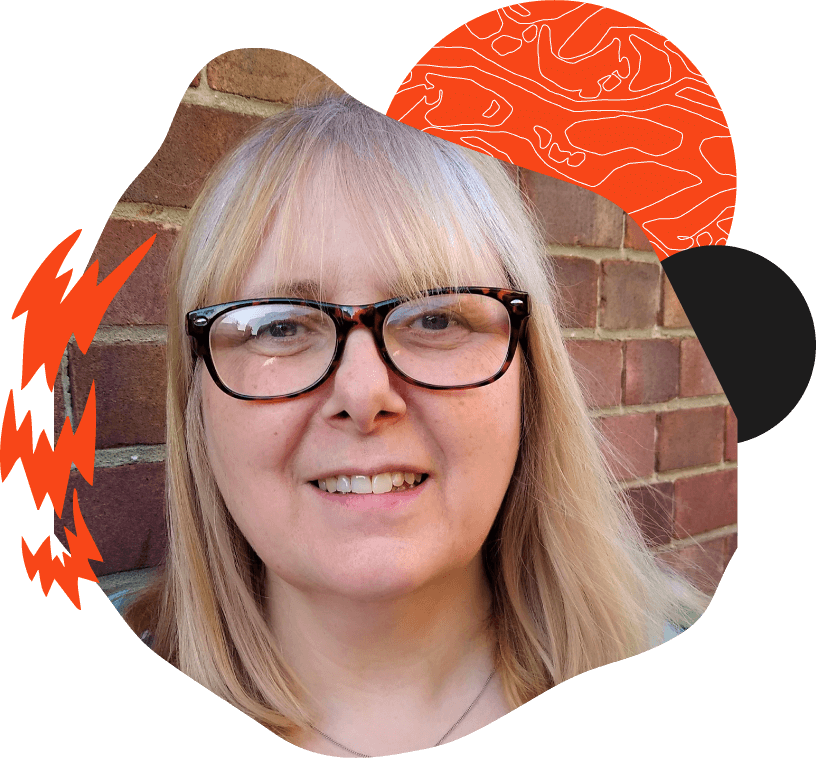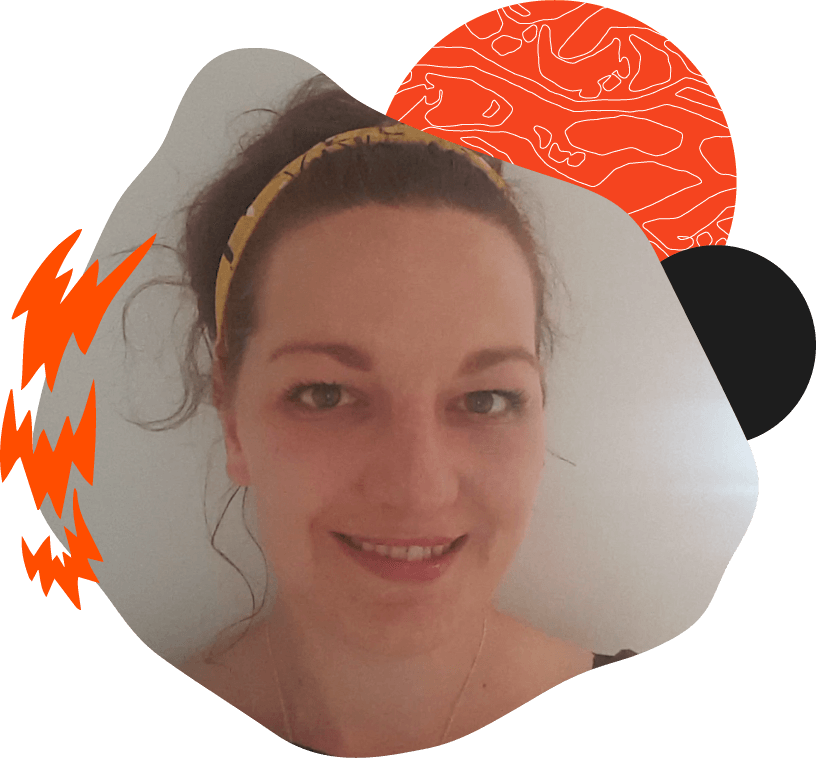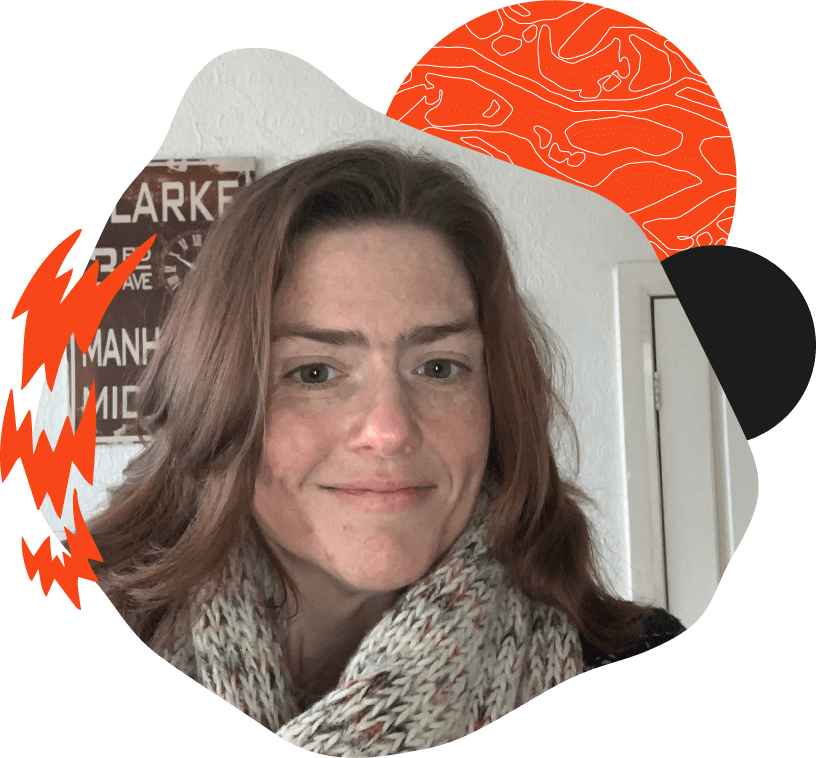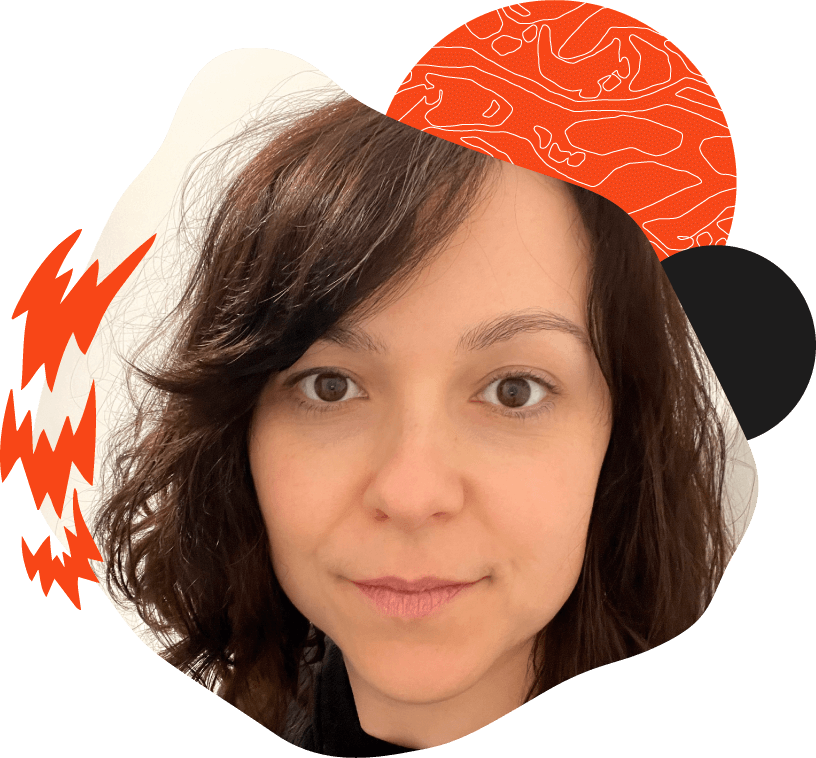What you will learn
-
Unit 1 - Manage care routines for children
In this unit, you’ll focus on how to provide a safe and secure early years environment, take a detailed look at how babies develop, and the care and support they need along the way. You’ll discover the right way to take care of their skin, teeth, and hair, support them with potty training, and with aspects of their daily routine like nappy changing and sleep time. You’ll also learn how to deal with rare but real threats that can occur within the childcare setting such as choking and SIDS, and gain a good understanding of the childhood immunisation schedule. Importantly, you’ll also learn how best to support the nutritional needs of babies and children, and discover how you can support parents with breast or formula feeding.
-
Unit 2 - Lead practice in promoting the well-being and resilience in children
Moving on, you’ll delve into the importance of wellbeing and resilience during the early years of a child’s development, and how to lead staff members in engaging positively with children to build their self-esteem. You’ll discover how to promote a healthy lifestyle, work co-operatively with colleagues to meet the needs of babies and children, and how to work in partnership with parents and carers.
-
Unit 3 - Model positive behaviour in the early years
Throughout the course of the third unit, you’ll analyse the theories underpinning the behaviour of babies and children during the early years. You’ll support children in managing their own behaviour, and learn the importance of engaging with parents when they’re in need of additional support. You’ll also develop a broad understanding of early brain development, and how negative childhood experiences can have a long-term health impact
-
Unit 4 - Lead activities, experiences and educational opportunities to promote children's speech, language and communication
In unit four, you’ll gain a solid understanding of children’s speech, language, and communication development from birth to seven years, as well as the terminology used within these discussions. You’ll explore intervention strategies that can be used if a child’s speech and language isn’t developing as it should, and how to motivate and lead team members to develop children’s skills in this area. You’ll also investigate ways that speech and language can be promoted through day-to-day activities.
-
Unit 5 - Lead children's early education and development
Throughout this unit, you’ll plan, lead, and review purposeful play opportunities and educational programmes with colleagues and other professionals to meet the individual needs of children within the current early education curriculum requirements. This will include focusing on communication and language, literacy, mathematics, and other areas. You’ll also discover ways to encourage children to participate in activities, and lead staff in developing effective strategies with children to enhance their group learning and socialisation. You’ll lead discussions about children’s individual progress and oversee the planning cycle, as well as consider philosophical approaches to how children learn when developing your own practice.
-
Unit 6 - Understand holistic child development from birth to 7 years
Moving on, you’ll investigate and explain the sequence and rate of different aspects of a child’s development, such as cognition, speech and language, and literacy and numeracy. You’ll also consider the reasons why a child’s development may not follow the pattern normally expected, and how development can be influenced by a range of personal and external factors. You’ll analyse the importance of identifying developmental delays early on, along with the benefits of working as part of a wider team to provide additional help and support to a child. Also, you’ll examine the significance of attachment, and the effect that different types of transitions can have upon children. In addition to this, you’ll explore the different methods of assessing, recording, and monitoring children’s development, and how important accurate documentation is.
-
Unit 7 - Developing children's emergent literacy skills
Over the course of the seventh unit, you’ll discover and explore the importance of providing children with a language-rich environment to support their budding literacy skills. You’ll examine the stages of language and communication development that children move through as they grow, and learn how to interact with children to support their individual needs. You’ll understand and explain the use of systematic synthetic phonics, and use strategies to plan activities which encourage skills like reading and writing.
-
Unit 8 - Developing children's emergent mathematical skills
Next, you’ll discover how you can most effectively support developing mathematical skills in your role as Senior Practitioner. You’ll investigate why mathematics is so crucial to children’s everyday lives, and how working alongside others as part of a team can best help them to develop their skills. You’ll also explore how you can support children in their understanding of mathematical concepts like weights and volumes, whilst working in partnership with parents.
-
Unit 9 - Develop and implement policies and procedures to support the safeguarding of children
In unit nine, you’ll gain a solid understanding of the current legislation that underpins safeguarding and child protection, and the local and national policies involved. You’ll investigate how why inquiries and serious case reviews are required, and discuss the role that you’ll play as a Senior Practitioner in helping to keep children safe. Also, you’ll liaise with different organisations to develop or review safeguarding procedures, and mentor and support your team to take an active role in safeguarding.
-
Unit 10 - Develop health and safety and risk management policies, procedures and practices in Early Years Settings
Next, you’ll study the legislative framework for health and safety, confidentiality of information, and promoting the welfare of children. You’ll demonstrate that you understand how to comply with health, safety, and risk management, whilst supporting others to do the same. You’ll learn how to complete all relevant records and reports, contribute to the development of policy, and monitor procedures for controlling infection. Moving on, you’ll discover how to identify common childhood illnesses, and monitor the health of children when required.
Awarding Body

CACHE stands for the Council for Awards in Care, Health and Education, and are the leading specialist Awarding Organisation for the Care and Education Sector.
View our other Council for Awards in Care, Health and Education qualifications.
CACHE stands for the Council for Awards in Care, Health and Education, and are the leading specialist Awarding Organisation for the Care and Education Sector.
Course Outcome
Successful learners will be awarded a formal certificate of achievement by NCFE CACHE. This training course has been designed specifically to meet the needs of learners who prefer to study from home. You can read more about NCFE CACHE. You’ll also be able to work as a Senior Practitioner within an Early Years setting or progress onto higher education in a relevant subject area.
After you’ve completed this course, you may choose to work as an Early Years Senior Practitioner within the Early Years Workforce across the private, voluntary and independent sectors or progress to higher education in a relevant subject.
How is this course assessed or examined?
This course is assessed in two ways:
Tutor-marked assignments (TMAs)
Each unit is followed by a tutor-marked assignment (TMA) which will be completed at the end of each module and marked by your tutor.
You will not be required to take an external exam with this course as your portfolio of evidence is internally assessed by us and externally quality assured by the awarding body. The outcomes for each TMA are Achieved or Not Yet Achieved. Your tutor will provide feedback on your work, and should there be any amendments required, they will outline what is needed for you to complete that assignment.
Observation (included)
This course requires one observation. This means that somebody will need to observe you in practice. This practical observation will be carried out by an Oxbridge Assessor. We offer one complimentary observation with this course.
More information about practical observations
Entry requirements
You must already have a Level 3 Early Years Diploma, up-to-date Maths and English Level 2 qualifications, and already be working in an Early Years setting in some form of managerial/leader capacity. You must also be aged 19 years or over.




